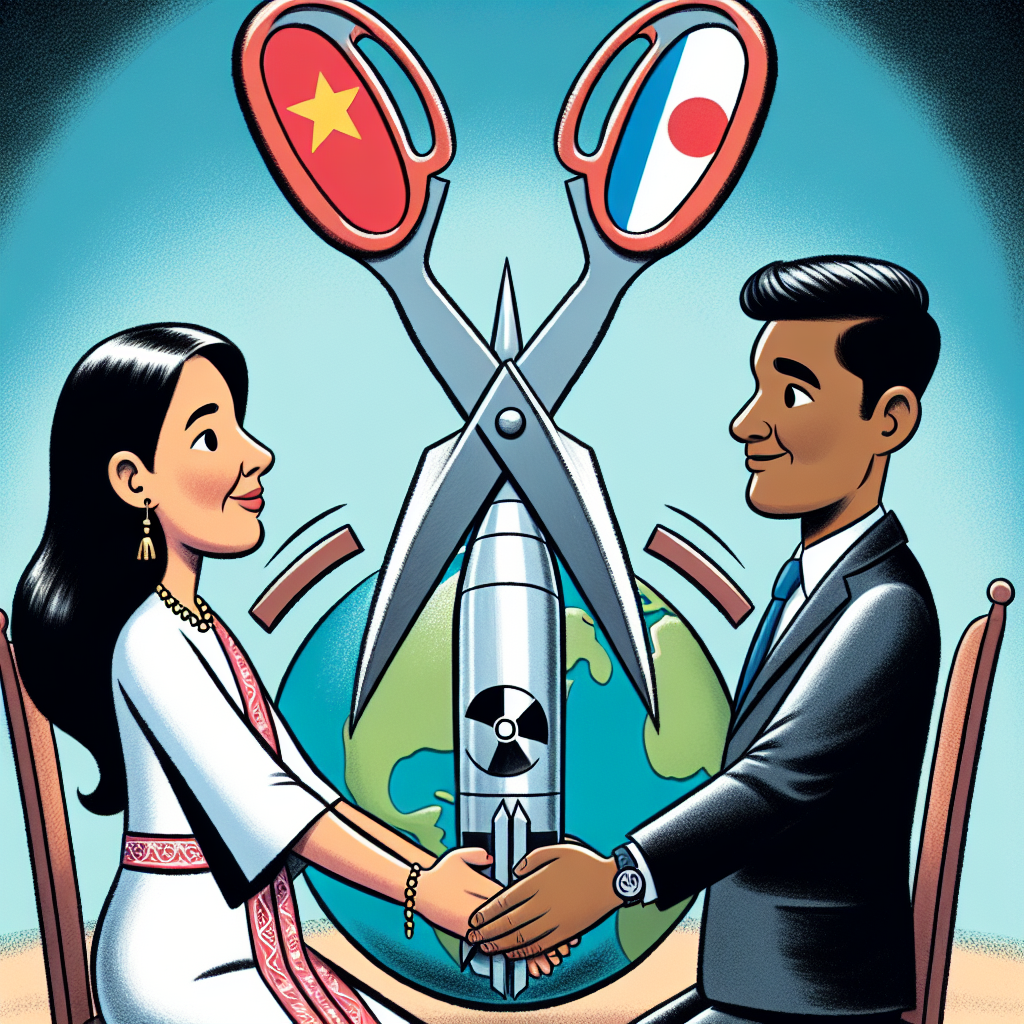Pandemic Treaty Talks: A Hope for Global Health Solidarity
The World Health Organization is close to concluding negotiations on a new pandemic treaty. The treaty aims to amend pandemic responses, addressing issues such as vaccine inequality and information sharing. The agreement's success hinges on resolving disputes between wealthier and poorer countries, primarily around drug-sharing and funding.

The World Health Organization is on the verge of finalizing a historic agreement aimed at improving global responses to pandemics. The new treaty addresses the critical shortcomings exposed during the COVID-19 pandemic, particularly the disparities in vaccine distribution and the need for transparent information sharing.
Central to the treaty is Article 12, which proposes that 20% of global tests, treatments, and vaccines be reserved for the WHO to distribute to low-income countries during emergencies. However, negotiations face challenges due to differing views among countries on matters such as financing and the potential impact on national sovereignty.
As discussions progress, the question of setting up a dedicated fund remains contentious. Despite these hurdles, if adopted, the treaty would mark only the second time in WHO's history that member nations have agreed to a binding accord, the first being the tobacco control treaty in 2003. The outcome could reshape how global health crises are managed, ensuring a more equitable and efficient response.
(With inputs from agencies.)
ALSO READ
Colombia's Global Bonds: A Boost to Future Financing
CDC's Booster Shot Debate: Navigating Covid-19 Recommendations
West Africa's Utility Crisis: World Bank Urges Deep Reforms, Not Just Refinancing
Tariff Tension and Global Health: Navigating Pharmaceuticals in a Trade War
Innovators Shine at ADGHW 2025: Shaping Future of Global Health










